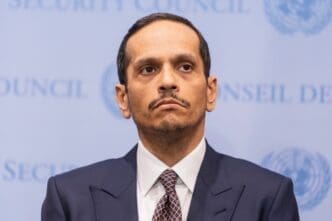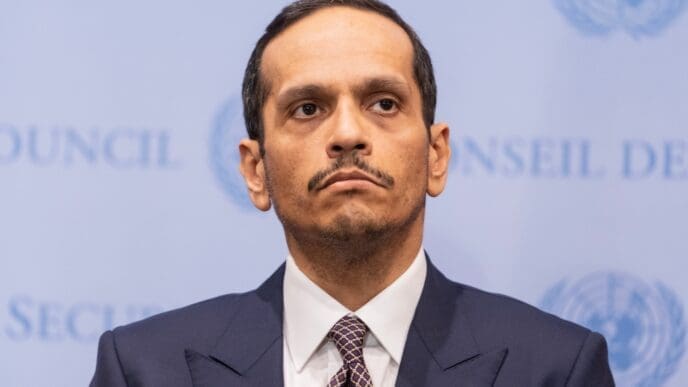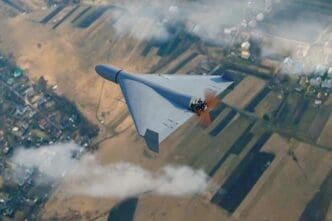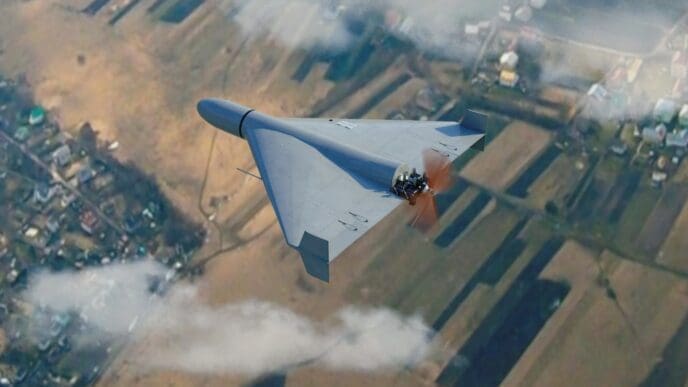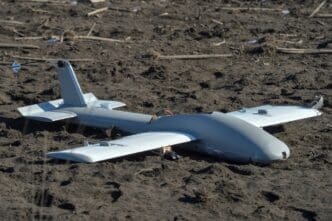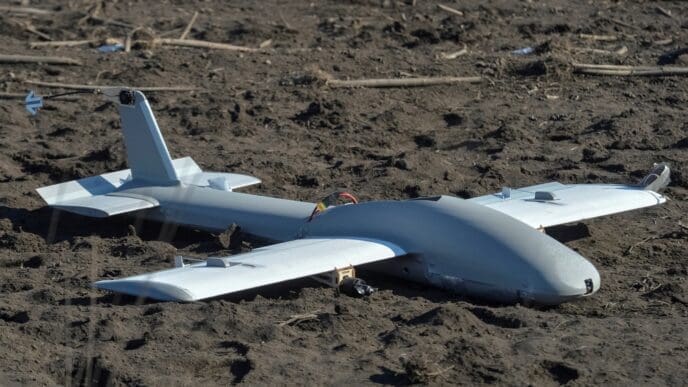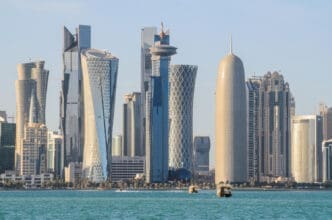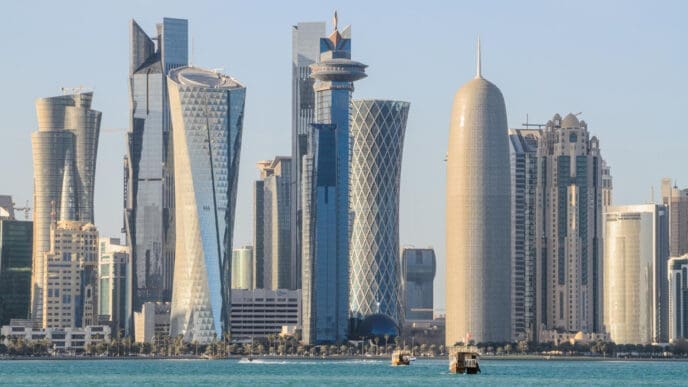Speculation has recently emerged regarding the potential reduction of the United States’ military presence in Poland and other nations on NATO’s eastern flank. However, Polish President Andrzej Duda has dismissed these concerns, emphasizing the ongoing commitment of American troops to Poland’s defense infrastructure. He assures that their presence is not diminishing but evolving.
Approximately 10,000 American soldiers are consistently stationed in Poland, and the cooperation between the two nations is described as close, constant, and strengthening. Duda points out that the troop rotations in Jasionka involve transferring responsibilities to other units, a process that has been communicated to Polish authorities. He remains determined to persuade the U.S. President to increase the number of American units in Poland to enhance security further.
Despite rumors of troop withdrawals, Duda insists that NATO’s eastern flank is not being weakened. Instead, he highlights routine adjustments and stresses the importance of the long-term presence of U.S. forces in Poland as a strategic guarantee. The alliance with the United States remains robust and proactive, even amidst discussions about troop rotations.
In light of recent geopolitical tensions, Duda has advocated for increased defense spending among NATO members. During discussions in Brussels with NATO Secretary General Mark Rutte, he proposed raising the defense contribution from 3 to 4% of GDP. For Poland, which shares a border with Belarus and is near Ukraine, this issue extends beyond politics and is seen as existential.
Addressing his relationship with U.S. President Donald Trump, Duda acknowledges the challenges of negotiating with a leader who has a business background. He notes that Trump’s approach to politics is influenced by his experience in the competitive American economic market. Duda emphasizes the need for strategic negotiation, describing it as a “hard business game.”
Duda also expresses concerns about Russian President Vladimir Putin, whom he characterizes as a former KGB agent with unique skills. He warns that Putin’s background should be considered when engaging with him diplomatically, as he is not a typical politician but rather an officer with intelligence training.
Reflecting on historical events, Duda criticizes Europe’s past concessions to Russia, particularly during the 2008 NATO summit in Bucharest. He believes these actions emboldened Russia to pursue aggressive tactics, culminating in the invasion of Ukraine in 2022. Duda argues that only the United States, particularly President Trump, has the capacity to broker peace and end the ongoing conflict in Ukraine.
The Polish president also highlights the importance of regional cooperation through the Three Seas Initiative, which he co-founded with Croatian President Kolinda Grabar Kitarović. This initiative includes 13 EU countries in the Adriatic, Baltic, and Black Sea regions, focusing on transport and energy security. Duda views the initiative as a means to deepen regional cooperation within the European Union, rather than as a competitor.
The upcoming jubilee summit of the Three Seas Initiative will be held in Warsaw, reflecting the commitment to fostering collaboration and development in the region.

